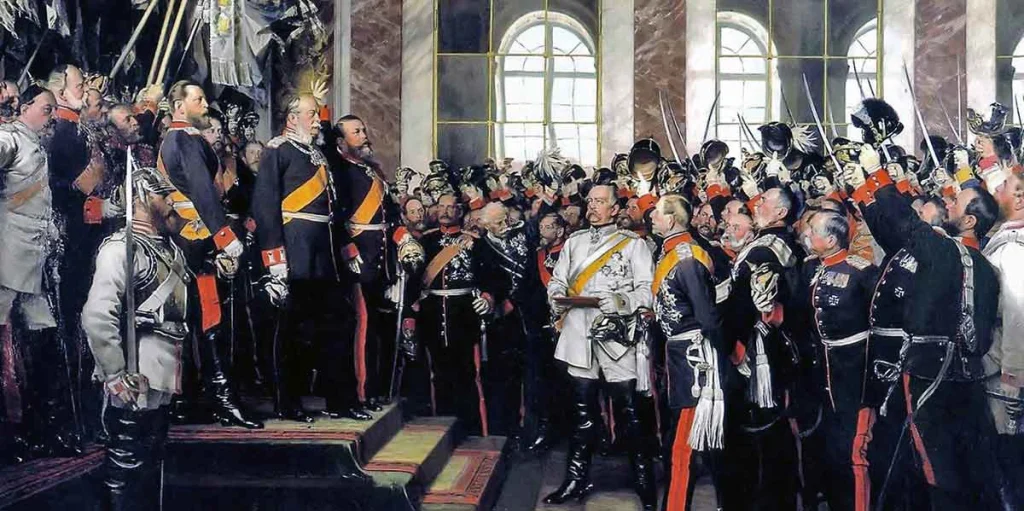# What Is the Philosophy of Film?
Have you ever watched a movie that made you question reality, morality, or even the nature of existence itself? Films like The Matrix, Inception, or Eternal Sunshine of the Spotless Mind don’t just entertain—they make us think. But beyond movies that contain philosophy, there’s an entire field dedicated to studying film as philosophy.
Welcome to the philosophy of film—a fascinating intersection of art, perception, and deep thought.
When Philosophy Met Film
Long before cameras rolled, philosophers were already debating art. Plato warned that poetry and drama could corrupt the soul, while Aristotle analyzed tragedy in Poetics. Pythagoras, better known for his math, even shaped music theory.
But film? That’s a modern invention—and philosophy took a while to catch up.
Early movies were seen as mere entertainment, not art. They played in circuses and fairs, showing simple scenes of daily life or recordings of stage plays. Critics wondered: Is film just a tool for recording other arts, or is it an art form itself?
Philosophy in Film vs. Philosophy of Film
There’s a key difference here:
– Philosophy in film explores deep ideas through movies (like The Truman Show questioning reality).
– Philosophy of film asks: What makes film unique as an art form? How does it shape our perception?
Think of it like this: Watching Blade Runner and debating what it means to be human is philosophy in film. But asking why cinema can make us feel so immersed—that’s the philosophy of film.
The First Philosopher of Film
Enter Hugo Münsterberg, a psychologist who, in 1916, wrote one of the first serious works on film theory. He argued that movies aren’t just recordings—they mimic the human mind.
How?
– Close-ups mirror how we focus on details.
– Flashbacks mimic memory.
– Editing reflects how our thoughts jump between ideas.
For Münsterberg, film wasn’t just art—it was a window into how we think.
From Bergson to Deleuze: Can Film Reveal Reality?
Not all philosophers were fans. Henri Bergson, who believed reality is a constant flow of movement, dismissed film as fake—just a series of frozen frames pretending to move.
But Gilles Deleuze, one of film’s biggest philosophical champions, turned Bergson’s own ideas against him. In Cinema 1 and Cinema 2, Deleuze argued:
– Movement is the essence of film. A still frame isn’t a movie—motion makes it real.
– Film doesn’t just imitate reality—it reveals it. Our brains chop up reality into snapshots, but cinema shows us continuous motion, closer to how we experience life.
For Deleuze, film wasn’t just art—it was a new way to do philosophy.
Why Does This Matter?
Because film isn’t just storytelling—it’s a way of seeing. When we watch a movie, we’re not just passive viewers. We’re engaging with time, perception, and meaning in ways no other medium allows.
So next time you watch a film, ask yourself:
– How does this movie make me feel present in its world?
– What does it say about how we experience reality?
That’s the philosophy of film—not just thinking about movies, but thinking through them.
Further Reading
– Cinema 1: The Movement-Image – Gilles Deleuze
– The Photoplay: A Psychological Study – Hugo Münsterberg
– Film as Art – Rudolf Arnheim
What’s your favorite film that made you think differently? Share your thoughts below!









































